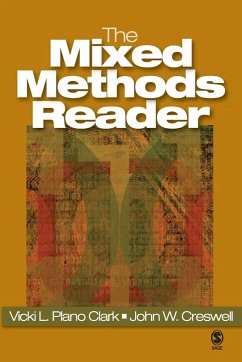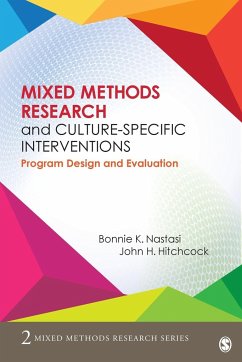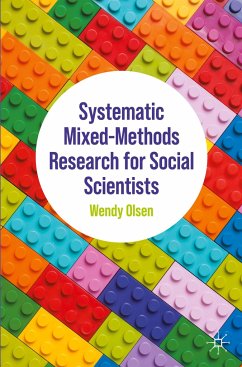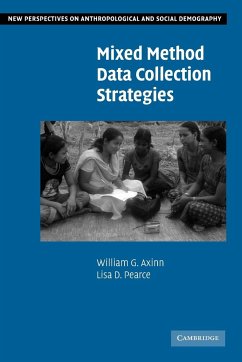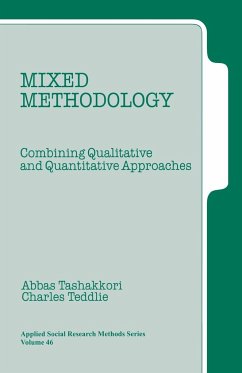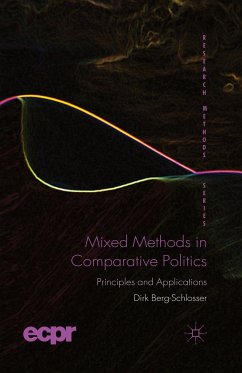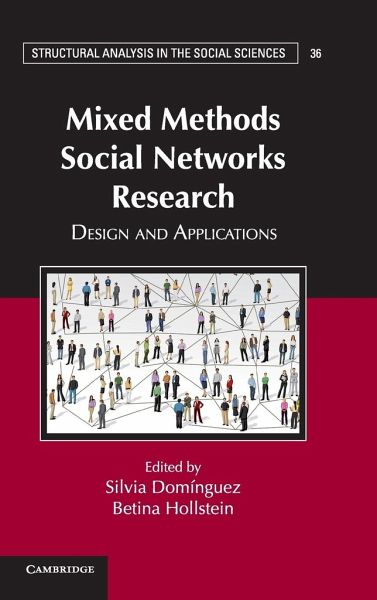
Mixed Methods Social Networks Research
Versandkostenfrei!
Versandfertig in 1-2 Wochen
74,99 €
inkl. MwSt.
Weitere Ausgaben:

PAYBACK Punkte
37 °P sammeln!
This edited volume demonstrates the potential of mixed-methods designs for the research of social networks and the utilization of social networks for other research. Mixing methods applies to the combination and integration of qualitative and quantitative methods. In social network research, mixing methods also applies to the combination of structural and actor-oriented approaches. The volume provides readers with methodological concepts to guide mixed-methods network studies with precise research designs and methods to investigate social networks of various sorts. Each chapter describes the r...
This edited volume demonstrates the potential of mixed-methods designs for the research of social networks and the utilization of social networks for other research. Mixing methods applies to the combination and integration of qualitative and quantitative methods. In social network research, mixing methods also applies to the combination of structural and actor-oriented approaches. The volume provides readers with methodological concepts to guide mixed-methods network studies with precise research designs and methods to investigate social networks of various sorts. Each chapter describes the research design used and discusses the strengths of the methods for that particular field and for specific outcomes.







